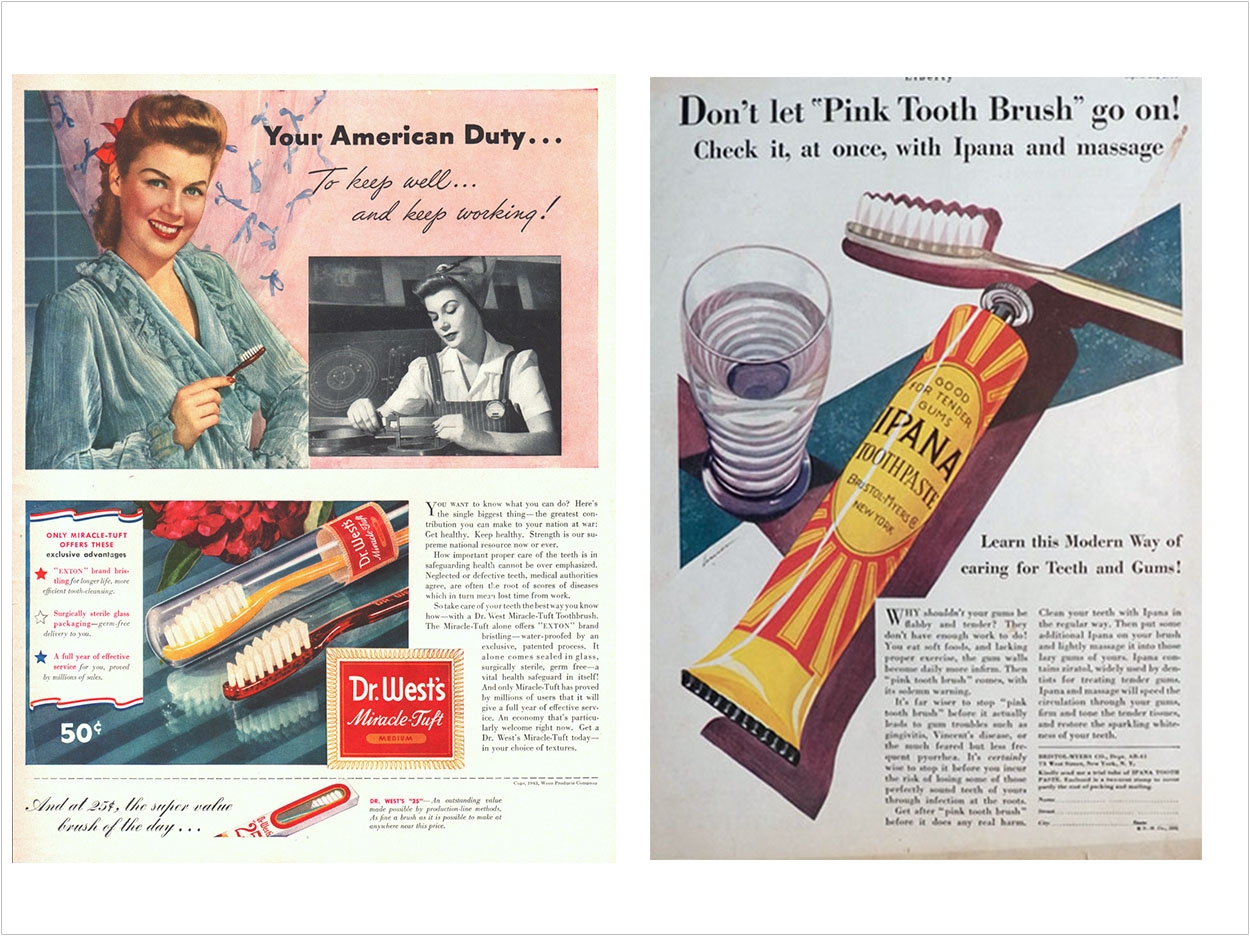
Conventional wisdom says that brushing your teeth prevents cavities by removing the sticky film that’s filled with millions of decay-causing germs. But this notion is more of an advertising-created myth than fact, according to Philippe Hujoel, PhD, DDS, MSD, MS, a researcher at the University of Washington School of Dentistry.
Almost as far back as a century ago, scientists regarded oral hygiene products as useless in preventing cavities. The bacteria causing cavities had been documented to dwell in fissures and cracks on teeth, where they were inaccessible to oral hygiene products. Subsequent clinical research confirmed these findings.
But in the early 20th century, Hujoel said, direct-to-consumer advertising turned the idea that simple oral hygiene could remove the cavity-causing film into accepted wisdom. Marketing pioneer Claude Hopkins globalized this myth through fearmongering, Hujoel added, including claims that the toothpaste he advertised could prevent grave diseases.
Leading scientists and ethical toothpaste manufacturers tried to dispel these myths. William Gies, a founder of modern dental education, criticized the scientific ignorance of Hopkins’ ads. Scientific counsels said that oral hygiene products were just cosmetics. One oral hygiene company’s ads even explained how pseudoscientific claims created an epidemic of misconceptions.
However, Hujoel explained, none of these efforts prevailed against Hopkins’ campaigns. In fact, advertising directly to health professionals bolstered the perceived effectiveness of these products. Such advertising is now recognized as effective in increasing sales and as compromising professional organizations in their public health advice.
The later discovery of fluoride as an effective anti-cavity agent further confounded the common wisdom of how to prevent cavities. People often attributed the benefits of fluoride toothpaste to the associated oral hygiene, an idea unsupported by a large body of clinical trial evidence, Hujoel said.
In addition to fluoride’s effectiveness, Hujoel said that what the evidence has shown for decades is the importance of vitamin D, which plays a key role in mineralizing and strengthening teeth. Yet vitamin D has now virtually disappeared from the popular discussion of preventing tooth decay.
Since decades of advertising have skewed popular though about cavity prevention, Hujoel said, consumers shouldn’t look to advertising for their oral health guidance. He also said that diet is key, as people on very low carbohydrate diets don’t have to worry about cavities, while those who eat significant amounts of sugars and starches should use a toothpaste or oral rinse with fluoride.
The study, “Historical Perspectives on Advertising and the Meme That Personal Oral Hygiene Prevents Dental Caries,” was published by Gerodontology.
Related Articles
Half of Kids Lie About Brushing Their Teeth
Flossing Myths, Evidence, and Humor
Online Museum Chronicles the History of the Toothbrush












